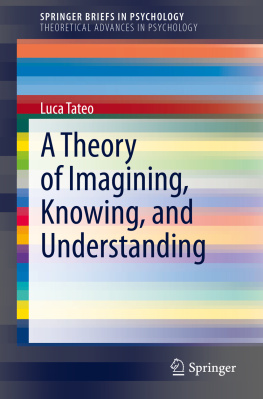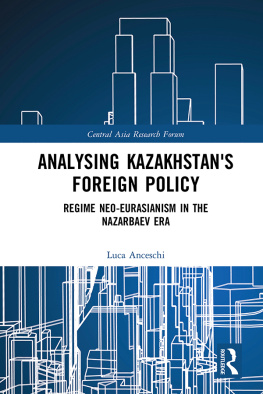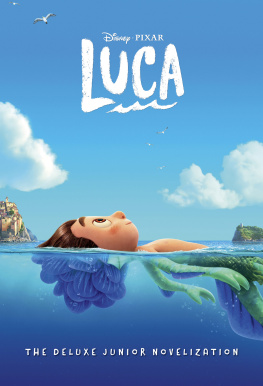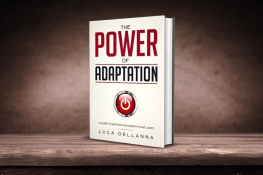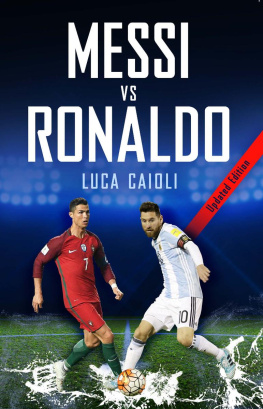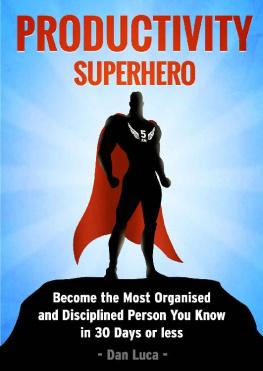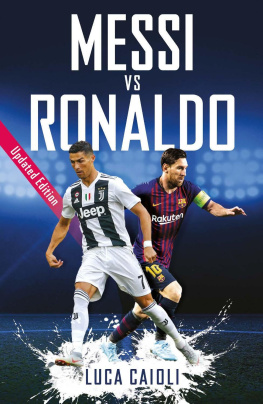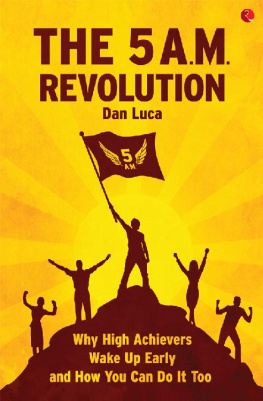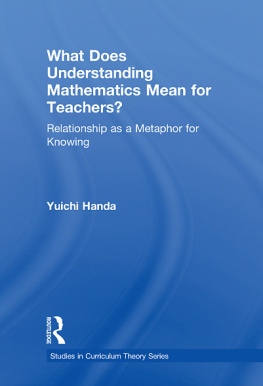Luca Tateo - A Theory of Imagining, Knowing, and Understanding
Here you can read online Luca Tateo - A Theory of Imagining, Knowing, and Understanding full text of the book (entire story) in english for free. Download pdf and epub, get meaning, cover and reviews about this ebook. year: 2020, publisher: Springer International Publishing, genre: Romance novel. Description of the work, (preface) as well as reviews are available. Best literature library LitArk.com created for fans of good reading and offers a wide selection of genres:
Romance novel
Science fiction
Adventure
Detective
Science
History
Home and family
Prose
Art
Politics
Computer
Non-fiction
Religion
Business
Children
Humor
Choose a favorite category and find really read worthwhile books. Enjoy immersion in the world of imagination, feel the emotions of the characters or learn something new for yourself, make an fascinating discovery.
- Book:A Theory of Imagining, Knowing, and Understanding
- Author:
- Publisher:Springer International Publishing
- Genre:
- Year:2020
- Rating:3 / 5
- Favourites:Add to favourites
- Your mark:
- 60
- 1
- 2
- 3
- 4
- 5
A Theory of Imagining, Knowing, and Understanding: summary, description and annotation
We offer to read an annotation, description, summary or preface (depends on what the author of the book "A Theory of Imagining, Knowing, and Understanding" wrote himself). If you haven't found the necessary information about the book — write in the comments, we will try to find it.
Luca Tateo: author's other books
Who wrote A Theory of Imagining, Knowing, and Understanding? Find out the surname, the name of the author of the book and a list of all author's works by series.
A Theory of Imagining, Knowing, and Understanding — read online for free the complete book (whole text) full work
Below is the text of the book, divided by pages. System saving the place of the last page read, allows you to conveniently read the book "A Theory of Imagining, Knowing, and Understanding" online for free, without having to search again every time where you left off. Put a bookmark, and you can go to the page where you finished reading at any time.
Font size:
Interval:
Bookmark:
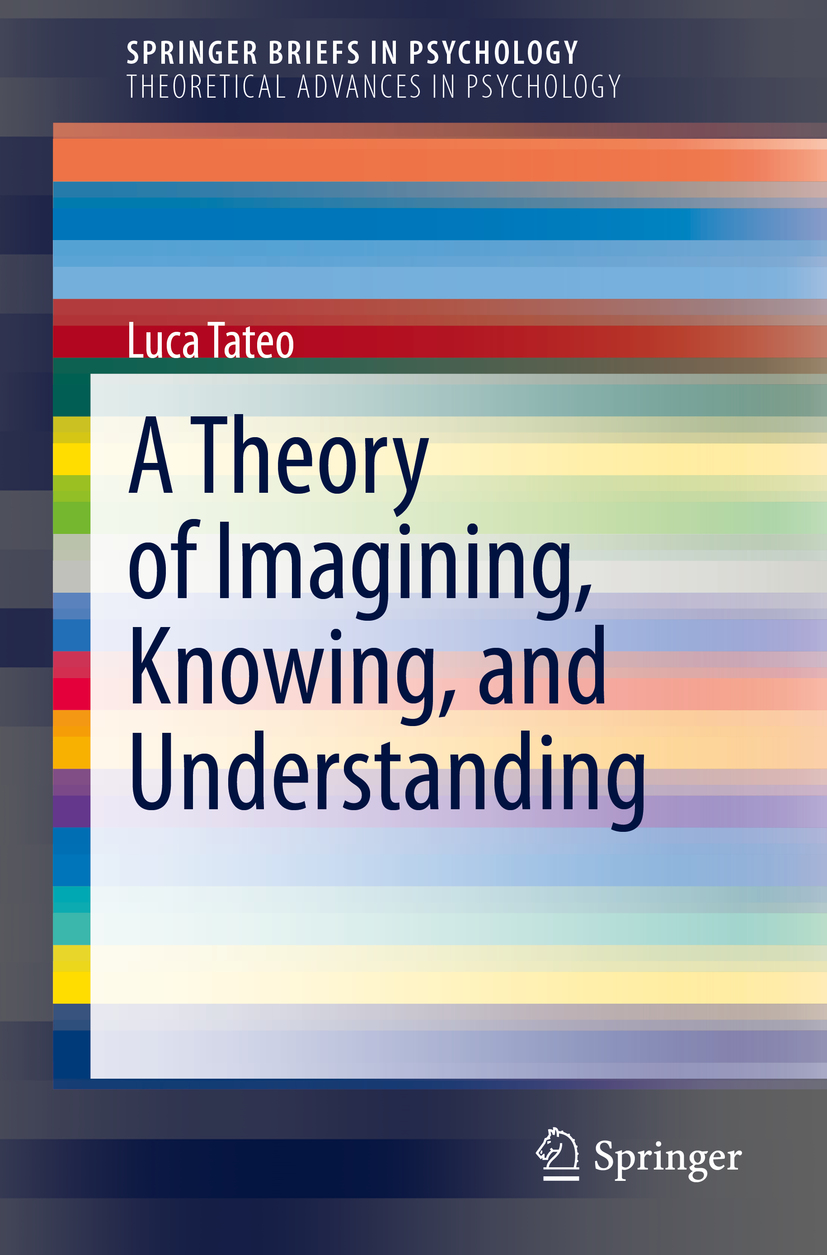
SpringerBriefs in Theoretical Advances in Psychologywill be an extension from the currently renovated Annals of Theoretical Psychology in the direction of bringing short, single (or multiple) authored theoretical advancements across all areas of psychology to the international audience. The focus is on the development of innovative theoretical approaches and their discussion. The Series will have a clearly defined international and interdisciplinary focus even if it remains within the discipline of psychology.
Featuring compact volumes of 100 to 115 pages, each Brief in the Series is meant to provide a clear, visible, and multi-sided recognition of the theoretical efforts of scholars around the world. It is targeted to researchers, graduate students, and professionals in Post-BA level psychology, education, anthropology, and sociology.
Briefs are published as part of the Springers eBook collection, with millions of users worldwide. In addition, Briefs are available for individual print and electronic purchase.
More information about this series at http://www.springer.com/series/14346

This Springer imprint is published by the registered company Springer Nature Switzerland AG
The registered company address is: Gewerbestrasse 11, 6330 Cham, Switzerland
To my daughter Gaia
Luca Tateo has undertaken a task that has remained undone for a century. Psychology over the last hundred yearsafter Hans Vaihinger (1911) powerfully pointed out how useful fictions are needed for the human mindhas remained mute on the role of imagination in the human psyche. The ever-active efforts toward anchoring psychology in the realism of the phenomenaas these arehave de-focused the researchers from the linked developmental questionphenomenaas they could be, orcould become. Of course that question can be answered in the present time only through imagination. Thus, imagination can be understood as the central arena for human psychological functioning.
Since ancient times, imagination has occupied a special position in any theory of human knowledge. Already at the first inspection, imagination highlights as the faculty of producing new images (orphantasmata), indispensable for making possible the specifically human mode of knowledge. In animals, knowledge capacities are essentially restricted to the data provided by the senses. Animal behavior is constrained to an organisms repertoire in front of salient features of its environment. Feeding, sleeping, hunting, fleeing, and mating are, in animals, determined by surrounding sensorial stimuli. In the human case, higher complexity processes interrupt the straightforward dependence on sensorial data. One of these higher level processes is imagination. It detaches people from their immediate surroundings, allowing them to act with regard to internally produced stimuli rather than externally given occurrences. Imagination operates by transforming and altering images provided by the senses, allowing new modes of perception and breaking the fundamental action-reaction of animal life. Imagination produces modified sensorial data, providing images for higher intellectual tasks such as reasoning and language production. In this sense, imagination occupies a middle position between the senses and intellect; it can be understood as either the highest sensory modalitythe Aristoteliansensus communisor the lowest intellectual process.
In the Hellenistic tradition, the peculiar intermediate position of imagination results in its oscillating consideration betweenpsycheandnous. On the one hand, imagination works when people dream, providing images that populate sleeping minds. Thus, imagination seems to work independent of conscious, goal-oriented rational thinking. From this point of view, imagination is seen as tightly united to vital forces and therefore one of the multiple functions ofpsyche. On the other hand, imagination represents the most basic intellectual operation upon sensory perception, initiating the properly human rational approach to nature. Imagination seems to be an indispensable part of every form of noetic examination of reality, from the abstract counterfactual thinking (What if this or that were the case?) to the vivid understanding of poetic images. Thus, imagination is matter and form; part of the sensible world, part of the spiritual world.
In modern times, imagination also plays an intermediate role in knowledge. Imagination is situated between affect and cognition as well as between unconsciousness and consciousness. At the dawn of the nineteenth century, imagination, in the form offantasy, was an important soul faculty whose existence allowed the contact with the totality of Nature. Its cultivation was necessary for whoever was interested in knowing Nature. Rational means are not enough; it is also necessary tofeelNature. We need, in Goethes terms, the exact sensory fantasy (see Cornejo, 2017a).Fantasyis hence incorporated into passive faculties, whose cultivation should compensate what rationality and understanding cannot reach. Far from being a mechanism to get away from the mundanity of the real world, Goethean anthropology and the school of thought he inspired understood fantasy as havingepistemic value(Cornejo, 2017b): it corresponds to the necessary process of bringing abstractions and discursive thinking to the soil of Earth. Opposing the rational model of human mind, which at that time gained increasing notoriety, fantasy and imagination is understood by Goethe as being central for
Font size:
Interval:
Bookmark:
Similar books «A Theory of Imagining, Knowing, and Understanding»
Look at similar books to A Theory of Imagining, Knowing, and Understanding. We have selected literature similar in name and meaning in the hope of providing readers with more options to find new, interesting, not yet read works.
Discussion, reviews of the book A Theory of Imagining, Knowing, and Understanding and just readers' own opinions. Leave your comments, write what you think about the work, its meaning or the main characters. Specify what exactly you liked and what you didn't like, and why you think so.

